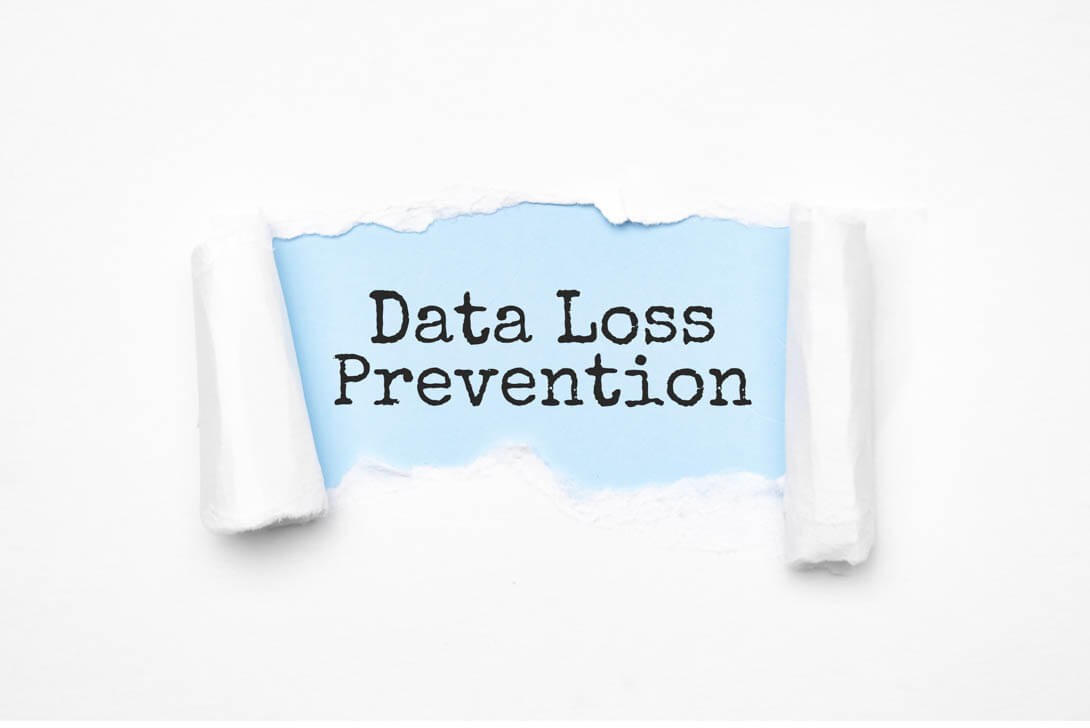Organizations need to protect their intellectual property. Herein, lies the catch where DLP modules in cloud security solutions help them to keep their critical data safe and secure. We are going to discuss the DLP business case.
Introduction on DLP Business Case
Data Loss Prevention (DLP) technology is one that identifies, monitors, and protects the data of an enterprise. The data may be in use, in motion across the network, or at rest in the storage on desktops, laptops, and mobile devices. A CEO and CTO should be work on the DLP business case to improve cloud security and reliability. Most of the enterprises have security tools that filter the incoming suspicious content and deflect attempts to gain unauthorized entry. But they do not have the appropriate techniques to address the data breach incidents. The technique of reducing the risks associated with exposing crucial information like losing intellectual property or violating compliance obligations is Data Loss Prevention. DLP includes practices like monitoring devices and traffic so that the outbound flow of sensitive information is prevented.
Integration of Data Loss Prevention Solution
The first concern of the DLP business case is the enterprises have to include DLP as a part of their broader security architecture. DLP offers deep inspection of content through the analysis of transactions thus serving as data security policy enforcers to prevent unauthorized transmission of sensitive information. As data breaches become the norm, more and more enterprises recognize the need for DLP solutions. It protects sensitive data from leaking and intentional misuse. Even though the enterprises are aware of DLP’s necessity, they struggle to make the appropriate business case use; and hence, its adaption is the key first step to the enterprise security endeavor. Also, DLP supports regulatory compliance requirements, but the difficulty lies in the proper justification of the project costs with the benefits. The advantages of DLP include mitigating the information loss risks and it is a technical tool to protect sensitive information from leaving the secure enterprise network. The executives can increase business case support by identifying the top security problems and addressing them with DLP solutions.
Chief Drivers for DLP Business Case
There are several factors that necessitate the need for DLP solution adoption. Main among them is the need for compliance, increased property protection, and enhanced security awareness.
Need for Various Compliances: DLP solutions help enterprises achieve the challenges posed by international security regulations and standards like HIPAA, PCI Data Security Standard, GDPR, etc.
Protection of Property: DLP tools help enterprises to secure their property against unauthorized entry. The critical information that has to be protected includes:
- Intellectual property (IP)
- Personally Identifiable Information (PII)
- Protected Health Information (PHI)
- Financial Card information like credit and debit card, mobile wallet, and online payment
- Merger and acquisition of data
- Strategy and planning details
- Health records of patients for the health industry
Training as well as Awareness about Security: Once the right DLP tool has been decided, then it helps them to address more challenges like the below ones:
- Legal problems
- Compliance needs
- Various security incidents
- IT challenges as well as advancements
Miscellaneous Considerations: When implementing DLP solutions, enterprises have to take the following points into consideration:
- Ensure proper network usage
- Using the right security tools for encryption
- Strengthening communications with outsourced vendors and other partners
Addressing Security Needs through DLP Solutions
Large public companies build DLP business cases to cover their executives from legal implications. But, DLP solutions are useful even for small companies to address a variety of requirements. Some use it as an added security layer for intellectual property in less regulated countries. Thus, the DLP solution helps enterprises in varied means like the ones described below:
- Achieving compliance with federal/state laws
- Reducing financial losses that may arise due to data breaches
- Providing a secure environment for confidential data to business partners
DLP Implementation Benefits
Implementing a DLP business case indeed is beneficial as they provide significant financial and operational benefits by reducing compliance and protection costs. Then it also covers the costs incurred due to unmitigated risks like reputation damage and regulatory sanctions. The organizations should consider factors that influence both the risk and foreseeable benefit categories of DLP solutions and then proceed with its implementation.
Businesses need to choose the right organizational investments so that they effectively manage information risks. Implementing a CASB solution with the DLP business case module is one of those investments. CASB solutions provided by Cloud Access Security Brokers with Data Loss Prevention (DLP) module is one of the wise investments of an enterprise so that it can safeguard its data.

